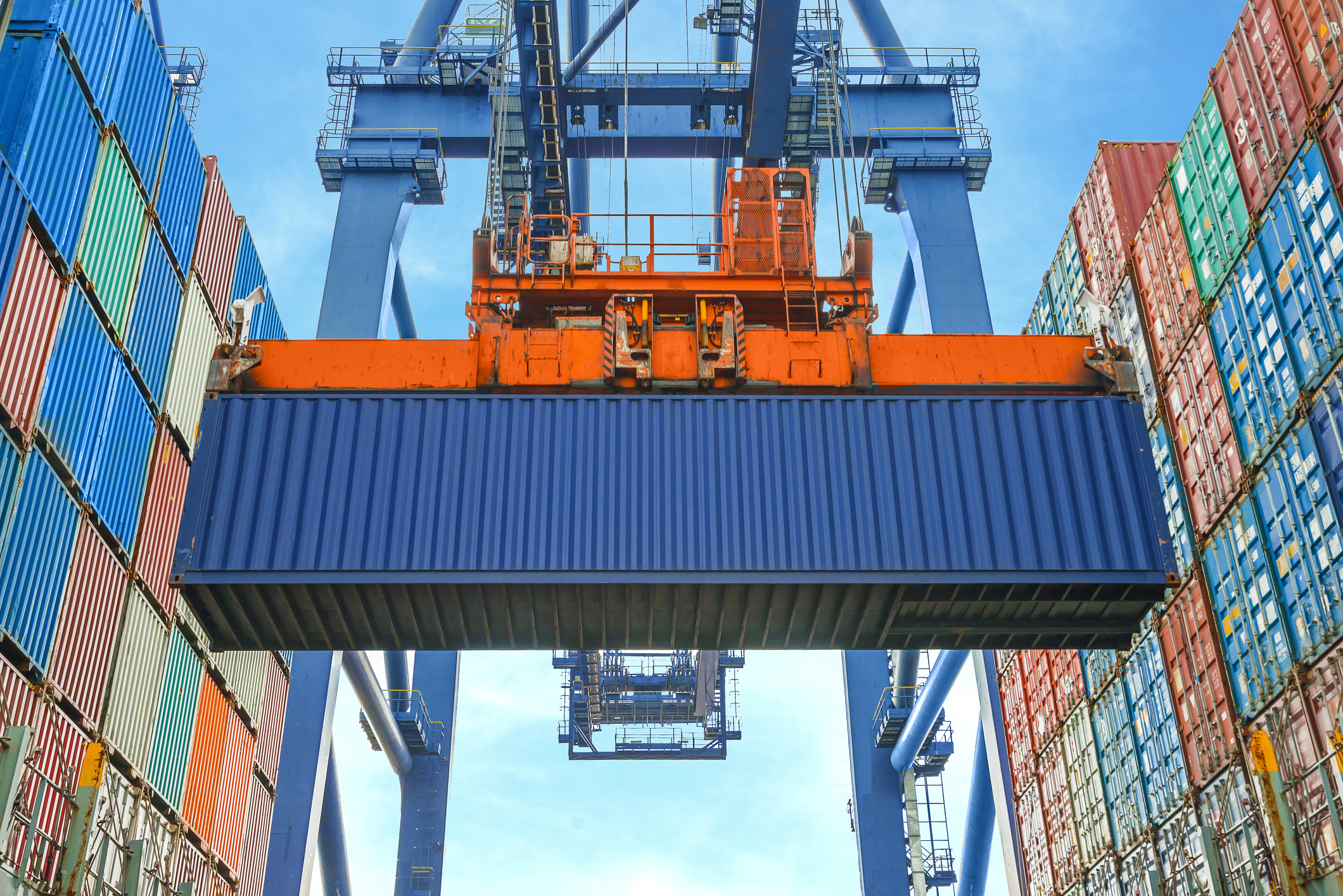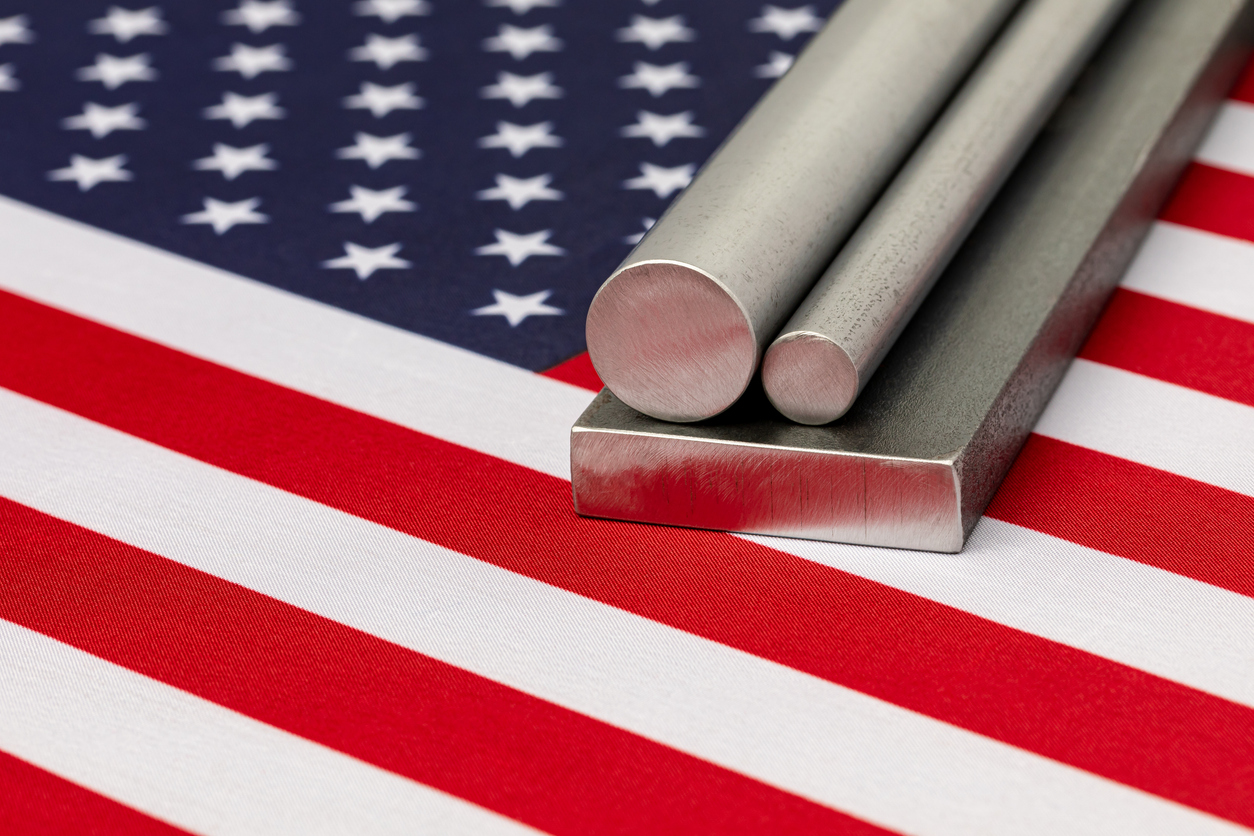Importer fraudulently underpaid customs duties by using fake, undervalued commercial invoices and false tariff classifications
A federal court has found that an apparel importer engaged in a decades long fraudulent scheme to underpay customs duties on clothing and footwear imported from China, Korea, Bangladesh, and Pakistan.
Delta Uniforms of New York, a provider of medical scrubs, was found to have underreported the value of its imports by as much as 48% and to have misclassified the types of apparel it was importing to cheat the government out of hundreds of thousands of dollars in customs duties.
Judgment was granted against it for $1.3 million.
The scheme was exposed in a qui tam lawsuit brought by a whistleblower under the False Claims Act. The whistleblower, a former Delta operations manager, is entitled under the statute to a reward of 15%-25% of the recovery.
Delta’s double-invoicing scheme
According to court papers, the underreporting of Delta’s import values involved a “double invoicing” conspiracy between Delta and its foreign suppliers, which would provide Delta with two sets of commercial invoices with respect to each transaction.
The first invoice would be for payment and would truthfully reflect the actual prices being charged.
The second would contain fake, understated prices and be filed with U.S. Customs and Border Protection to reduce Delta’s customs duty obligations.
In certain instances, Delta would itself alter original invoices it received to create the second, undervalued invoices it gave its customs brokers for filing with CBP. The suppliers would send the original invoices in file formats susceptible to tampering such as Excel or Word.
Delta’s tariff misclassification fraud
Customs laws require importers to describe the nature of the goods they are importing and to list those products’ Harmonized Tariff Schedule (HTS) codes on their Form 7501 entry summaries. The HTS enumerates the tariff rates and statistical categories for all imported merchandise.
The court found that Delta’s overseas garment suppliers would, at its behest, mischaracterize the types of apparel being sold on their commercial invoices.
They would describe the merchandise as made of predominantly cotton fabric blends, which carried an HTS duty rate of only eight percent, when in fact the blends were chiefly synthetic fiber for which the applicable duties were 16%.
Undervaluation and tariff misclassification are common types of customs fraud.
False Claims Act liability for customs fraud
The False Claims Act is a federal statute which imposes substantial liability on parties that defraud the U.S. government or its agencies. It is violated by parties who knowingly submit false claims for payment to the government or—as in the case of customs fraud—underpay the government or evade payments they owe.
Parties with evidence or information about violations have the right to file qui tam whistleblower lawsuits and are entitled to 15%-30% of any recovery as a reward.
Qui tam whistleblower lawsuits are an important mechanism for incentivizing the exposure of customs fraud. CBP has limited resources for monitoring customs compliance and relies largely on importers to self-report the duties they owe.
Customs fraud is believed to cost the U.S. government billions of dollars a year in lost revenues while also causing untold economic harm to law-abiding importers and competing domestic industries.
Parties with knowledge of customs fraud are strongly encouraged to come forward and file qui tam whistleblower lawsuits, bringing violators to justice.
The Delta whistleblower’s evidence
False Claims Act whistleblowers file complaints in court and disclosure statements with the Justice Department setting forth their evidence.
Court papers show the Delta whistleblower provided highly probative evidence including copies of email exchanges in which Delta sought the cooperation of its foreign suppliers in preparing the fake commercial invoices it filed with CBP.
In one email, for example, Delta asked for a “commercial invoice in lower cost for US local customs declaration.” Others showed suppliers transmitting pairs of commercial invoices labeled “document for payment” or “actual invoice” and “customs invoice” or “for customs declaration.”
Criminal conviction
In July 2022, Delta’s owner pleaded guilty to conspiracy to commit wire fraud in connection with the scheme. In April 2023, he was sentenced to six months in prison and a year of supervised release.
What to do if you know of customs fraud
Customs fraud is not a victimless infraction but harms U.S. taxpayers and unfairly disadvantages honest importers as well as competing U.S. producers and workers. As a result, policing customs compliance is a high priority of the Justice Department.
If you know of parties engaged in customs fraud, it is vital to contact a knowledgeable attorney to find out about your right to bring whistleblower claims under the False Claims Act.
Customs fraud whistleblower attorney Mark A. Strauss has extensive experience handling all types of customs fraud cases, including schemes involving undervaluation, misclassification, transshipment, double-invoicing and shell-companies. He has a 30-year track record handling complex civil litigation and has recovered hundreds of millions of dollars for whistleblowers and fraud victims.
Having a capable and aggressive attorney can make all the difference in maximizing your recovery and protecting your rights. All communications with customs fraud whistleblower attorney Mark A. Strauss are protected by the attorney-client privilege.
Note that you cannot obtain a qui tam whistleblower award unless you file a False Claims Act case, represented by legal counsel. Merely contacting a government agency or filing a tip online is not sufficient.




